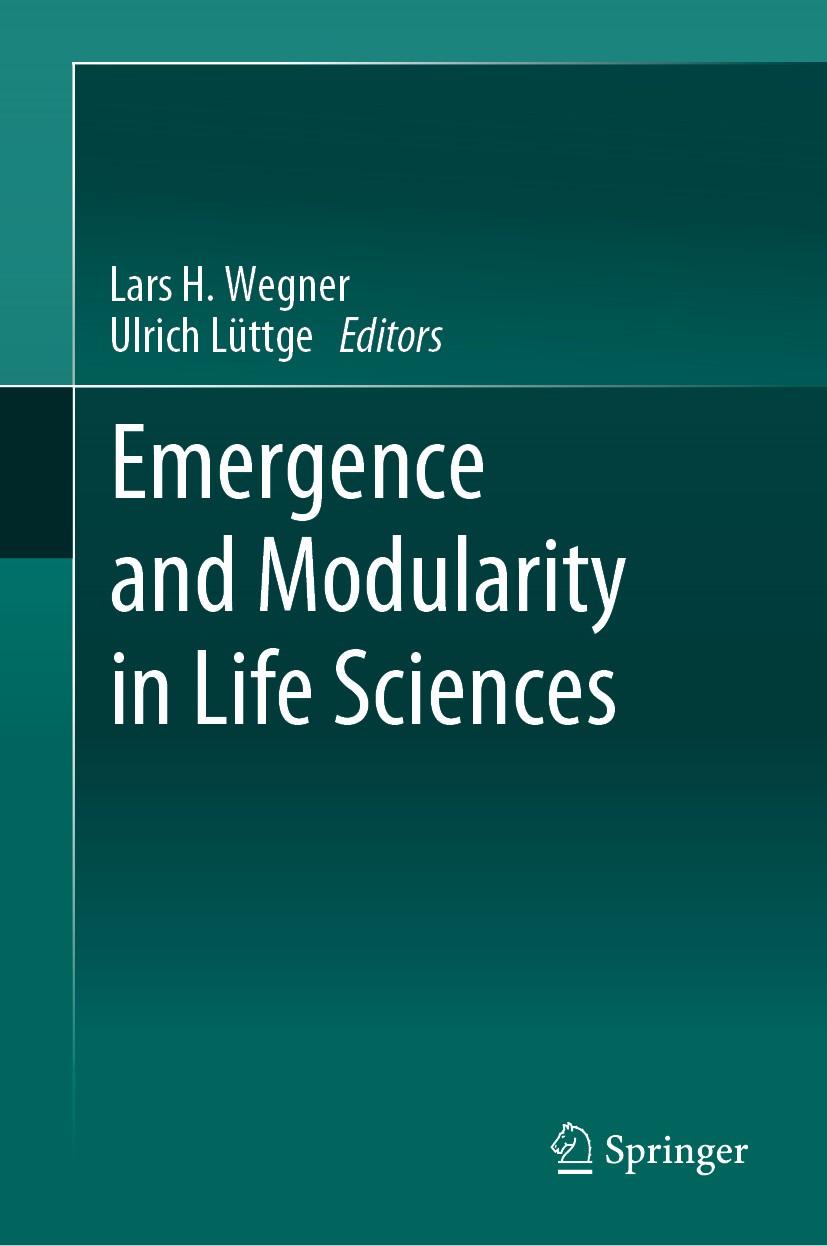| 书目名称 | Emergence and Modularity in Life Sciences | | 编辑 | Lars H. Wegner,Ulrich Lüttge | | 视频video | http://file.papertrans.cn/309/308081/308081.mp4 | | 概述 | Explains the concept of emergence in the life sciences.Discusses bridges between the inorganic and organic worlds.Approaches the question of emergence from various perspectives | | 图书封面 |  | | 描述 | This book focuses on modules and emergence with self-organization in the life sciences. As Aristotle observed so long ago, the whole is more than the sum of its parts. However, contemporary science is dominated by reductionist concepts and tends to neglect the non-reproducible features of complex systems, which emerge from the interaction of the smaller units they are composed of. .The book is divided into three major parts; the essays in part A highlight the conceptual basis of emergence, linking it to the philosophy of science, systems biology and sustainability. This is subsequently exemplified in part B by applying the concept of emergence to various biological disciplines, such as genetics, developmental biology, neurobiology, plant physiology and ecology. New aspects of emergence come into play when biology meets the technical sciences, as revealed in a chapter on bionics. In turn, part C adopts a broader view, revealing how the organization oflife follows a hierarchical order in terms of scalar dimensions, ranging from the molecular level to the entire biosphere. The idea that life is primarily and exclusively shaped by processes at the molecular level (and, in particular, b | | 出版日期 | Book 2019 | | 关键词 | complex systems; specialization; holistic principle; self-organization; reductionist approach; Gaia; compl | | 版次 | 1 | | doi | https://doi.org/10.1007/978-3-030-06128-9 | | isbn_ebook | 978-3-030-06128-9 | | copyright | Springer Nature Switzerland AG 2019 |
The information of publication is updating

|
|
 |Archiver|手机版|小黑屋|
派博传思国际
( 京公网安备110108008328)
GMT+8, 2025-12-30 14:23
|Archiver|手机版|小黑屋|
派博传思国际
( 京公网安备110108008328)
GMT+8, 2025-12-30 14:23


